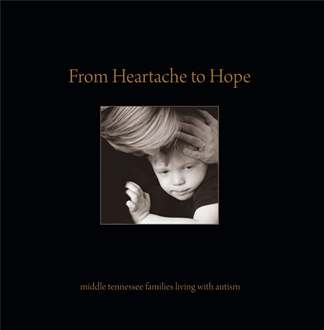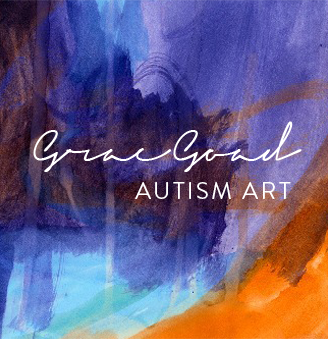From his active Facebook persona and well-established blog, I knew that author Robert Rummel-Hudson was a bit edgy. And, (my bad,) I'd never heard of the author until he appeared on a Vanderbilt Bill Wilkerson panel of parents discussing augmentive assistive technology (communication) devices. At times I was a bit disquieted by Rummel-Hudson's cut-open-gut raw account of his feelings surrounding his daughter's unusual diagnosis of bilateral perisylvian polymicrogyria (an extremely rare neurological disorder) that renders his beautiful daughter unable to talk via normal means. This is not a book for the PeopleFirst militants. It's about his language and how he refers to his daughter's disAbility that, at times, I smarted. But then Rummel-Hudson might label me cotton candy in my views of disAbility….
No matter. This is a stunning book and I can see why People magazine lauded the account of a father's incredible and beyond moving and awe-inspiring love for his daughter. I mentioned admirable honesty, gut-cut-open raw. The author tells all–to the lengths that the search for his daughter's diagnosis, his and his wife's pain so great, they both sought comfort within arms from outside of their marriage.
Rummel-Hudson and his wife, Julie, from my impressions of that Friday night panel a couple winters back, are earnest and don't-mess-with-me types. They come at their daughter's defense with the unfiltered potent stuff. Forget the honey. They may have not won friends and influenced some people in their school systems along the way, (at least in the way of Dale Carnegie, so to speak,) but they won on behalf of their little girl who is everything that her father describes. She sat in the audience of speech/language students that night of the presentation in Nashville and held her seatmates and me, sitting across the aisle, captive. She is seriously beyond cute and charismatic, reminding me much how my own daughter wrangles hearts and imaginations and charms like the dickens.
Rummel-Hudson's story is also one of spiritual angst. Painful spiritual angst. But beautifully candid. How many parents vascillate between thinking somehow God may have afflicted their children and anger at that God? Too many. They just don't write beautifully frank, intelligent, raw (that word again,) accounts of their pain such as the gifted likes of this author. This book, though I found it started a bit slow and TMI for me, is brilliant in it's use of uniting theme–monsters and mostly the one the author, via metaphor, claims stole his daughter's brain.
While many of my specific challenges with my daughter's autism may differ from this family, I was able to understand how a child who is nonverbal, as is my own–or, at least, limited verbal–communicates using their persona to reach the world. It is charismatic. I understood the plight of the couple's journey because much of it is the universal journey of parents of children with special needs. In one part of the book Rummel-Hudson tells one of the most cruel incidents I've ever heard perpetrated upon a child with a disAbility. No, she wasn't locked in a closet, pin pricked or squirted in the eyes with lemon–honest to God, I know the parents of children to whom each of these incidents happened. And this and more happens to our children everywhere. I wish I were exaggerating. I am not. Schuyler's cruelty was more subtle. Political. Seriously passive aggressive and stole the access of Rummel-Hudson's little girl's ability to communicate. There is a villian in this story and she doesn't just live in Texas. His/her likes live in way too many other systems, nationwide.
The victory in this story is how this uber liberal family leaves their hip town of Austin for the land of mega church-a-toriums, or some funny turn of phrase the author irreverently uses to describe the sparkling sidewalks and white bread part of Texas that they made home. In "Pleasantville" (not the real name, just mine) a little girl named Schuyler is given a voice and it is celebrated.
This is a book every speech-language pathologist should read. Augumentative Assistsive Technology is here to stay. Had we only been exposed a wee bit sooner to the wonders of the iPad, it may have altered some of my daughter's own communication outcomes. This is a success story for AA, though what works for Schuyler is is an AA device much more sophisticated and seasoned than the come-lately iPad. This is a book that also belongs on the shelf of any parent eager to read another parent's journey of a differently abled life.
Bravo, Rummel-Hudson. Edgy you may be, but you're also a bit of folk hero in our community. I get it.




